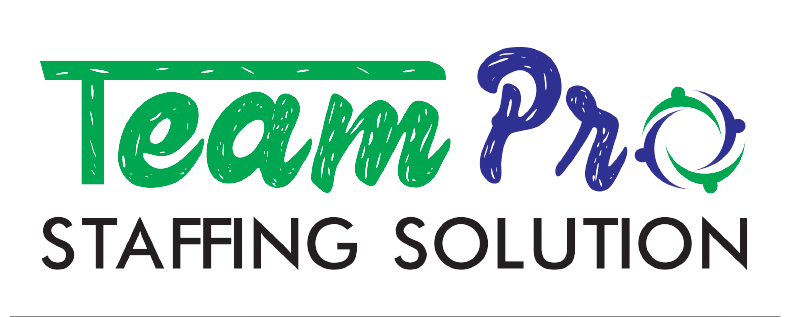Staffing agencies are businesses that provide temporary or permanent workers to other companies that need them. They act as intermediaries between job seekers and employers, matching them based on their skills, experience, and preferences. Staffing agencies can help companies save time and money by taking care of the hiring process, payroll, benefits, and compliance.
But how do staffing agencies make money themselves?
In this blog post, we will explore the different ways that staffing agencies generate revenue and the factors that affect their profitability.
The main source of income for staffing agencies is the fee that they charge to their clients, which are the companies that hire workers through them. This fee can vary depending on the type of service, the type of worker, and the market conditions.

There are three common types of services that staffing agencies offer:
Temporary staffing: This occurs when a staffing company supplies labourers for a transient or occasion-specific project, such a holiday rush, a mother’s leave, or a particular occasion. While charging the client a higher rate that includes the staffing agency’s commission, the workers are paid an hourly wage by the staffing agency. Typically, the cost is a portion of the employee’s pay; this can vary from 15% to 100% based on the industry, the level of expertise, and the level of demand.
For example, if a worker earns $10 per hour, the staffing agency might charge the client $15 per hour, making a $5 profit per hour.
Direct placement: In this instance, a staffing firm assists a customer in locating a long-term worker for a particular position. The hiring company delivers prospects to the client after conducting interviews and screening them. A one-time fee, often equal to 10% to 30% of the employee’s yearly salary, is paid to the staffing agency if the client chooses to hire one of the candidates.
For example, if an employee earns $50,000 per year, the staffing agency might charge the client $10,000 as a placement fee.
Temp-to-perm: Here, a staffing company assigns a worker for a trial period so that the customer may assess their work and determine whether to hire them on a long-term basis. The staffing company invoices the client at a higher rate that includes the agency’s charge and pays the employee an hourly compensation. The staffing agency gets paid an additional charge if the client chooses to hire the worker. This cost typically ranges from 10% to 25% of the worker’s yearly income.
For example, if a worker earns $20 per hour and works for 3 months, the staffing agency might charge the client $30 per hour, making a $10 profit per hour. If the client hires the worker for $40,000 per year, the staffing agency might charge the client $8,000 as a conversion fee.
What factors state profitability of staffing agencies ?
The profitability of a staffing agency depends on several factors, such as the volume of business, the margin of the fee, the turnover of the workers, the overhead costs, and the competition. A staffing agency can increase its revenue by finding more clients, placing more workers, charging higher fees, reducing expenses, and differentiating itself from other agencies. However, a staffing agency also faces challenges, such as finding qualified workers, meeting the client’s expectations, complying with labour laws, and managing cash flow.
Staffing agencies play a vital role in the labour market, helping both job seekers and employers find the best fit for their needs. By understanding how staffing agencies make money, you can appreciate the value that they provide and the challenges that they overcome. Whether you are looking for a job or looking for a worker, staffing agencies can help you achieve your goals.







No responses yet